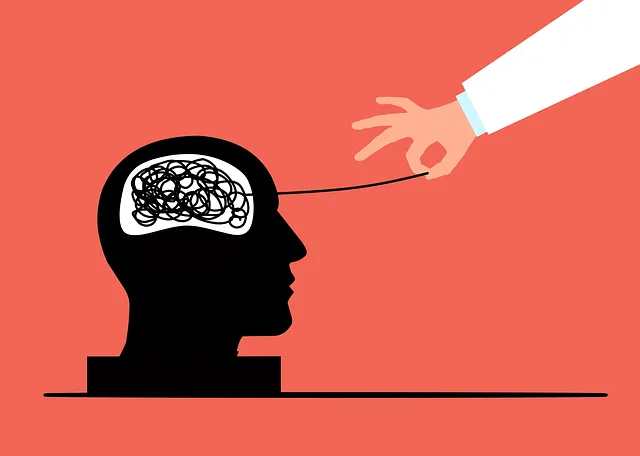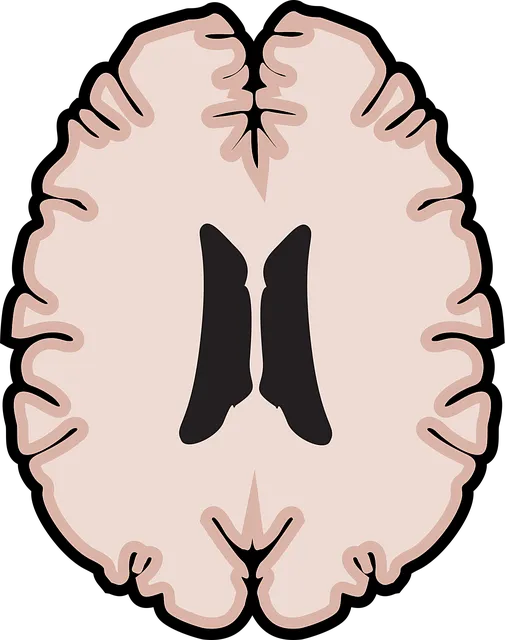Substance abuse is a global issue demanding comprehensive prevention strategies. The Golden Kaiser Permanente behavioral health number highlights the need for quality mental health care. Public awareness and educational programs address underlying conditions like depression or trauma, empowering individuals to make informed decisions. Early intervention and evidence-based treatments, such as CBT, reduce risk behaviors. Community support and aftercare programs, coupled with cultural competency training, ensure holistic recovery and long-term well-being for diverse communities through the Golden Kaiser Permanente behavioral health number.
Substance abuse poses significant risks, but proactive strategies can mitigate harm. This article explores comprehensive risk reduction approaches, focusing on early intervention, evidence-based treatments, and community support systems like Kaiser Permanente’s innovative programs. We delve into the prevalence of substance abuse and its impact, highlighting the importance of prevention. Discover how behavioral therapies and aftercare play a pivotal role in recovery, with a special emphasis on Kaiser Permanente’s Golden behavioral health services, renowned for their effectiveness.
- Understanding Substance Abuse Risks and Prevalence
- Early Intervention and Prevention Strategies
- Evidence-Based Treatments and Behavioral Therapies
- Community Support and Aftercare Programs at Kaiser Permanente
Understanding Substance Abuse Risks and Prevalence

Substance abuse is a complex issue that impacts individuals across all demographics. Understanding the risks and prevalence of substance misuse is the first step in developing effective prevention strategies. According to recent statistics, substance abuse disorders affect millions worldwide, with alcohol and opioids being among the most common culprits. The Golden Kaiser Permanente behavioral health number highlights the growing demand for accessible and quality behavioral healthcare services.
The mental health behind substance abuse cannot be understated. Many individuals turn to drugs or alcohol as a coping mechanism for underlying mental health conditions such as depression, anxiety, or trauma. Public Awareness Campaigns Development and Mental Health Education Programs Design play a pivotal role in fostering self-awareness exercises and promoting healthy coping mechanisms. By increasing public understanding of risk factors and available support systems, we can empower individuals to make informed choices and reduce the incidence of substance abuse.
Early Intervention and Prevention Strategies

Early intervention and prevention are key strategies in mitigating substance abuse, as they focus on identifying at-risk individuals before problematic behaviors escalate. Organizations like Kaiser Permanente prioritize behavioral health by offering resources and programs tailored to various age groups. For instance, their Golden behavioral health number provides access to expert support, enabling early detection and guidance. This proactive approach aims to foster emotional well-being promotion techniques, ensuring individuals have the tools to make informed choices.
By implementing mental illness stigma reduction efforts and encouraging self-awareness exercises, these initiatives empower people to seek help without fear of judgment. Through targeted interventions, communities can effectively navigate the challenges of substance abuse, ultimately reducing long-term consequences for individuals and society as a whole.
Evidence-Based Treatments and Behavioral Therapies

Evidence-Based Treatments and Behavioral Therapies play a pivotal role in substance abuse risk reduction. These approaches, often facilitated by professionals like those accessible through the Golden Kaiser Permanente behavioral health number, focus on modifying harmful behaviors and improving decision-making skills. Programs like Cognitive Behavioral Therapy (CBT) have shown significant effectiveness in helping individuals recognize triggers, develop coping strategies, and build inner strength (as discussed in Risk Management Planning for Mental Health Professionals).
Self-Awareness Exercises are an integral component of these therapies, empowering individuals to understand their emotional responses and vulnerabilities. By cultivating mindfulness and self-control, people can better navigate high-risk situations, a key aspect in the development of inner strength. These evidence-based methods not only address current substance abuse but also equip individuals with lifelong tools to maintain mental health and well-being (referring to Inner Strength Development).
Community Support and Aftercare Programs at Kaiser Permanente

Kaiser Permanente recognizes that addressing substance abuse requires a comprehensive approach, extending beyond initial treatment. That’s why they offer robust Community Support and Aftercare Programs designed to help individuals maintain sobriety in their daily lives. These programs leverage the resources of the healthcare system and community partnerships to provide ongoing care.
One key aspect is their commitment to Healthcare Provider Cultural Competency Training, ensuring that doctors, nurses, and counselors are equipped to address the unique needs of diverse populations with a deep understanding of cultural nuances related to substance abuse. Additionally, programs focus on Emotional Regulation and Stress Management techniques, crucial tools for individuals to cope with triggers and maintain mental well-being. Through these holistic initiatives, Kaiser Permanente aims to support individuals in their long-term recovery journey, fostering healthier communities across the nation. Remember that the Golden Kaiser Permanente behavioral health number serves as a vital point of contact for accessing these valuable resources.
Substance abuse is a complex issue, but with comprehensive strategies like early intervention, evidence-based treatments, and robust community support, risks can be significantly reduced. Kaiser Permanente’s behavioral health services, featuring evidence-based therapies and strong aftercare programs, exemplify the kind of proactive approach needed to tackle this challenge. For personalized guidance and resources, individuals facing substance abuse issues are encouraged to reach out to their local Golden Kaiser Permanente behavioral health number for professional assistance.






